If a few years ago, coffee was almost the "king" of drinks to start energy, then recently, green matcha lattes have been quietly taking over the menus of modern coffee shops.
The image of a layer of smooth milk foam covering a gentle green color fascinates many people, not only because of its beauty but also because of the “green-fresh-gentle” feeling. Many people have started to replace their familiar cup of coffee with matcha, believing it is a better choice for the body.
But is matcha healthier than coffee? What is the difference between matcha and coffee? And when it comes to choosing between matcha and coffee, which is right for you? Let’s take a look at how the two beverages compare.
Matcha - calm and peaceful
Matcha is a special type of green tea originating from Japan, made from finely ground young leaves grown in the shade. This cultivation process results in the leaves containing more chlorophyll and amino acids, giving matcha powder its bright green color and gentle umami flavor.
With matcha, you're not just drinking tea, you're “drinking the whole tea leaf” - meaning you're absorbing the rich antioxidants, vitamins, and minerals it contains.
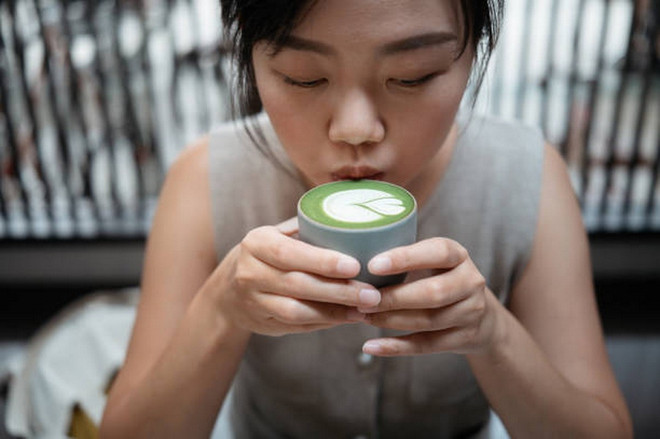
The Japanese have come to see matcha as part of the art of living – not just a drink, but a moment of meditation in the day. Drinking matcha is to slow down, take in the scent of fresh grass, and feel the slight bitterness mixed with the sweet aftertaste. This is what gives matcha its unique energy: alert but calm, clear-headed but not rushed.
What makes matcha so popular is its “pleasantness”. Although it contains caffeine, the L-theanine compound in tea leaves helps calm the brain and reduce feelings of stress.
Instead of a “sudden boost” like coffee, matcha helps release energy more slowly and sustainably. That’s why many people describe it as: “matcha helps you stay awake but still calm.”
Coffee - powerful energy
Coffee is another story. Its bitter taste, strong aroma, and “wake-up” effect make it the drink of choice for millions of people every morning.
A cup of black coffee contains about 95-165 mg of caffeine, twice as much as matcha. This amount of caffeine helps improve concentration, increases heart rate slightly and activates dopamine - the hormone that brings about feelings of excitement and joy.
However, because of this, coffee can easily cause the drinker to lose energy when the effects wear off, or feel restless and have a rapid heartbeat if they drink too much. For sensitive people, just one cup of strong coffee can keep them awake all night.
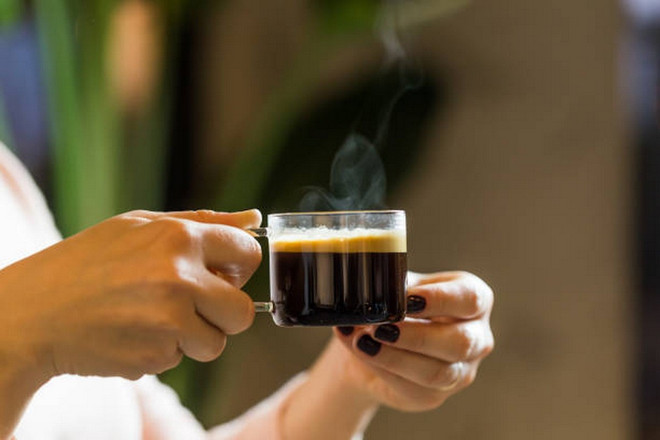
A big plus of coffee is its rich antioxidant content — particularly chlorogenic acid, which can help reduce inflammation, protect the liver, and aid in blood sugar control.
Some studies have also shown that drinking 2-3 cups of coffee a day can reduce the risk of cardiovascular disease and type 2 diabetes. But the condition is that the coffee is pure - no sugar, no cream, no sweet syrup.
Choose “blue” or “black?”
Both matcha and coffee wake you up, but the feeling they give you is completely different. If coffee is a strong “kick” – like an alarm clock in your head – matcha is like a fresh morning where you start your day with a light breath.
Matcha provides slow but lasting energy, helping you concentrate longer, suitable for people who do mental work or office workers who need to stay awake. Coffee is suitable when you need to speed up, work at high intensity, or need to warm up quickly in the morning.
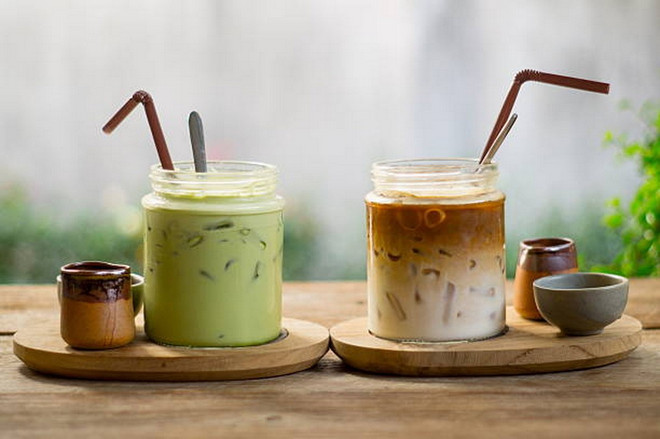
One person who has drank both shares: “Coffee makes me feel ready to run, while matcha makes me feel like sitting down, focusing, and creating.”
Not only are these two drinks different in taste, they are also different in “personality.” Matcha has a natural “green” taste, with a hint of grass, slightly astringent but sweet aftertaste. Coffee is strong, intense and has depth – from the light acidity of Arabica to the strong roasted bitterness of Robusta.
If matcha carries the refined Japanese spirit, then coffee is the liberal Western style.
Which option is better for you?
The answer is not absolute. Both are beneficial if taken correctly and in the right dosage.
If you are sensitive to caffeine, prone to insomnia or often stressed, matcha will be the ideal choice.
Thanks to L-theanine, it helps to clear the mind without causing jitters, and also aids in mild stress relief. For those looking to improve metabolism and lose weight, matcha can also be a help thanks to its EGCG content - an antioxidant that is said to help burn energy more efficiently.
On the other hand, if you need a strong energy boost and want to feel “awake immediately,” coffee is still the number one choice. It helps improve work and sports performance, and provides many antioxidants that are good for the heart and brain.
Whichever you choose, the most important thing is to drink it right. Avoid adding sugar, cream, syrup or full-fat milk to matcha and coffee – as these can negate the original health benefits.
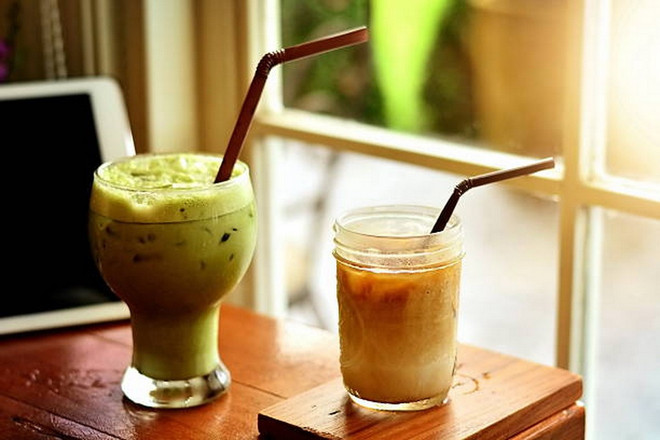
Drinking coffee 30 minutes after breakfast, or using matcha in the morning and early afternoon is the most reasonable time. Avoid caffeine intake after 4 pm if you want to sleep well.
It can be said that matcha and coffee are not two rivals but two different styles: one is strong and vibrant; the other is gentle and calm. Depending on your lifestyle and physical condition, you can choose the most suitable drink for yourself.
Whether it is matcha or coffee, the most important thing is still the quality and the way to enjoy it. A cup of pure coffee or a glass of hand-whisked matcha can bring a little joy every morning. Because when prepared and used in the right dosage, both are gifts for health - helping you start the new day with a clear and peaceful mind./.
Source: https://www.vietnamplus.vn/matcha-va-caphe-thuc-uong-nao-thuc-su-tot-hon-cho-ban-post1068575.vnp





![[Photo] Prime Minister Pham Minh Chinh attends the World Congress of the International Federation of Freight Forwarders and Transport Associations - FIATA](https://vphoto.vietnam.vn/thumb/1200x675/vietnam/resource/IMAGE/2025/10/08/1759936077106_dsc-0434-jpg.webp)
![[Photo] Prime Minister Pham Minh Chinh inspects and directs the work of overcoming the consequences of floods after the storm in Thai Nguyen](https://vphoto.vietnam.vn/thumb/1200x675/vietnam/resource/IMAGE/2025/10/08/1759930075451_dsc-9441-jpg.webp)
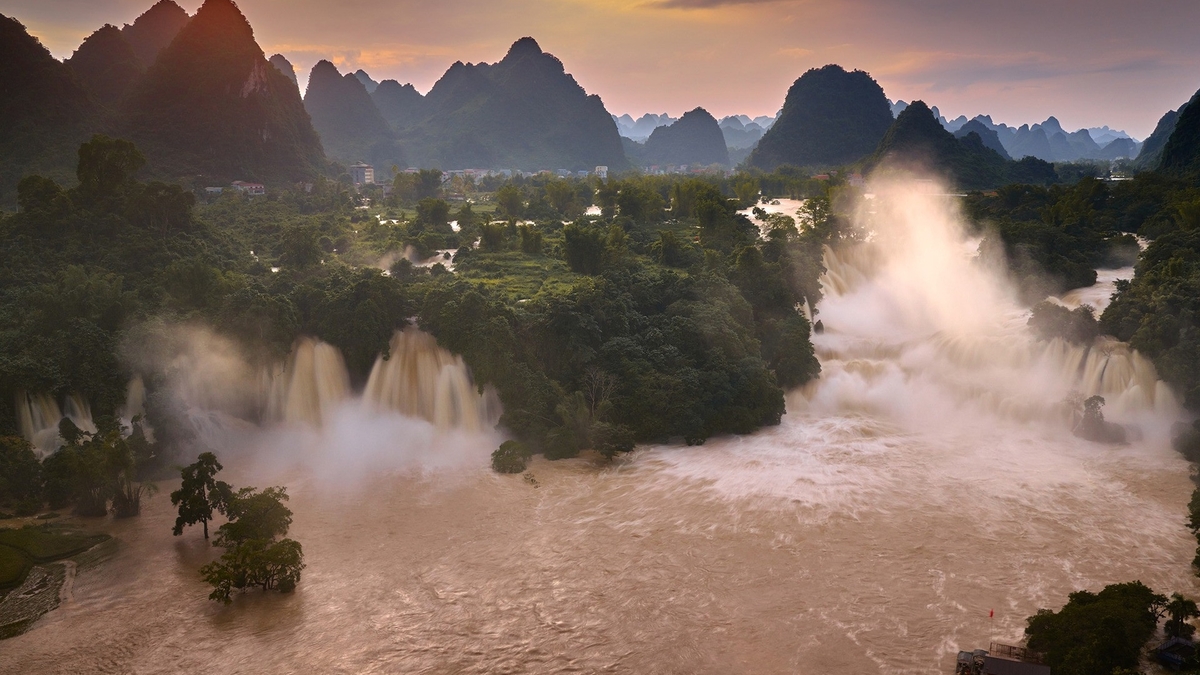
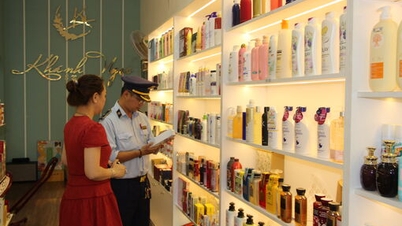



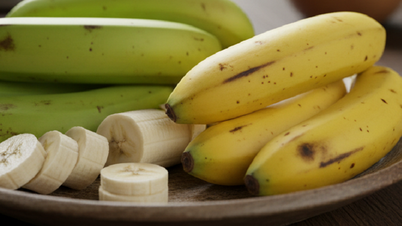

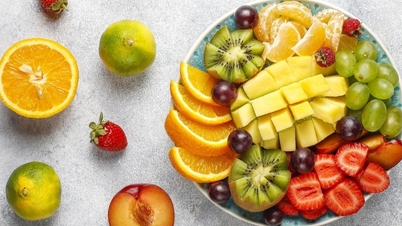

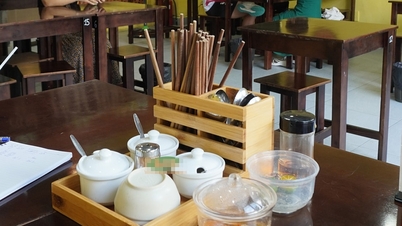



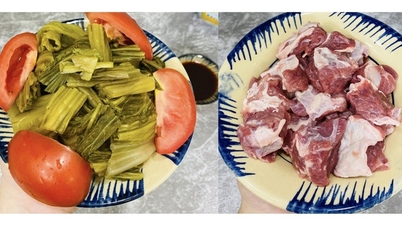

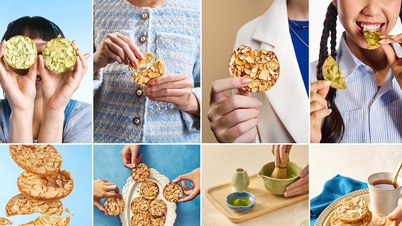




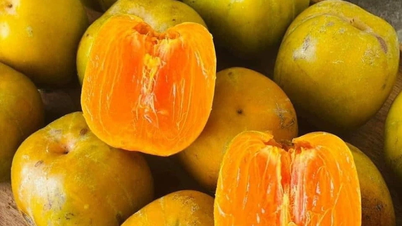
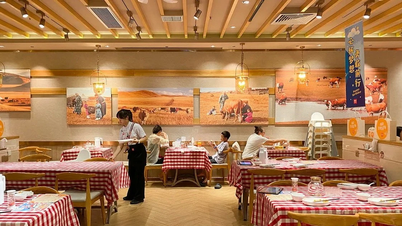





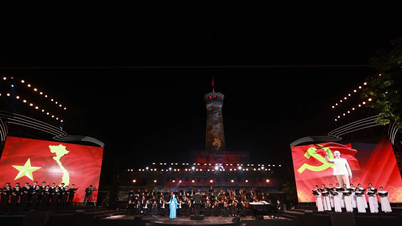

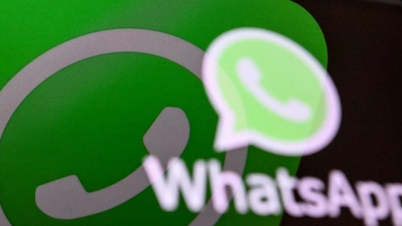
























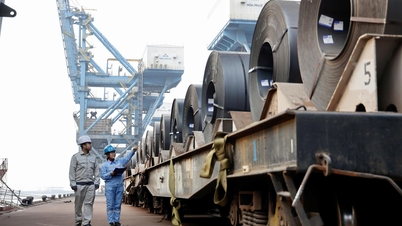


























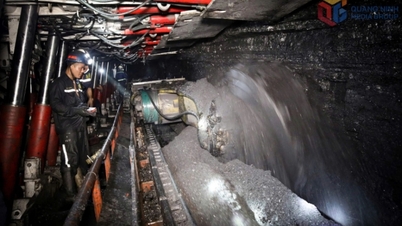











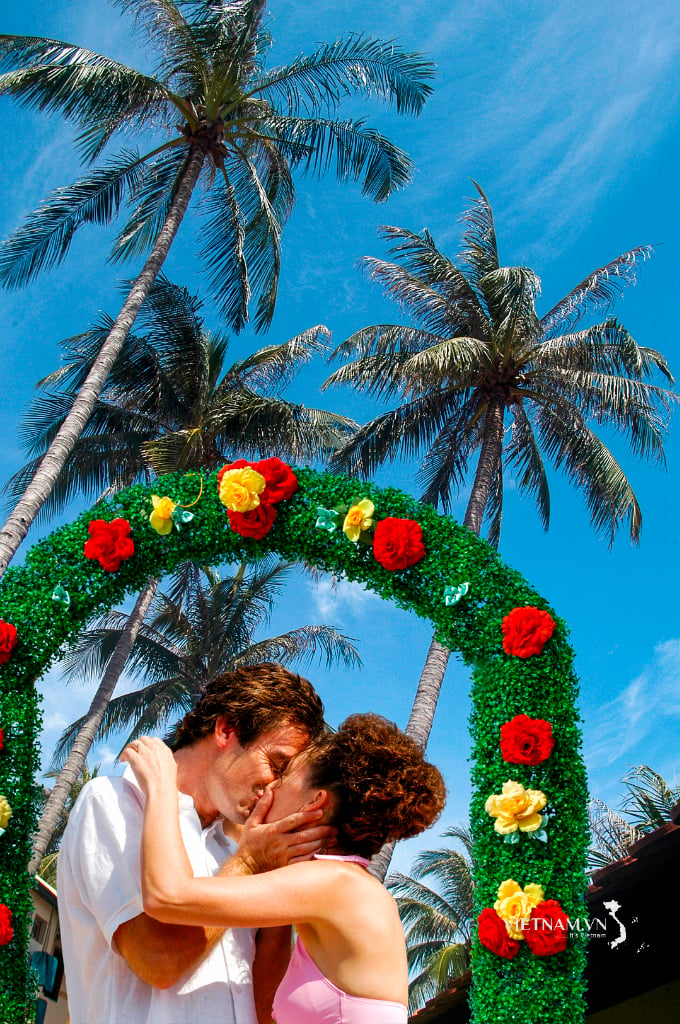


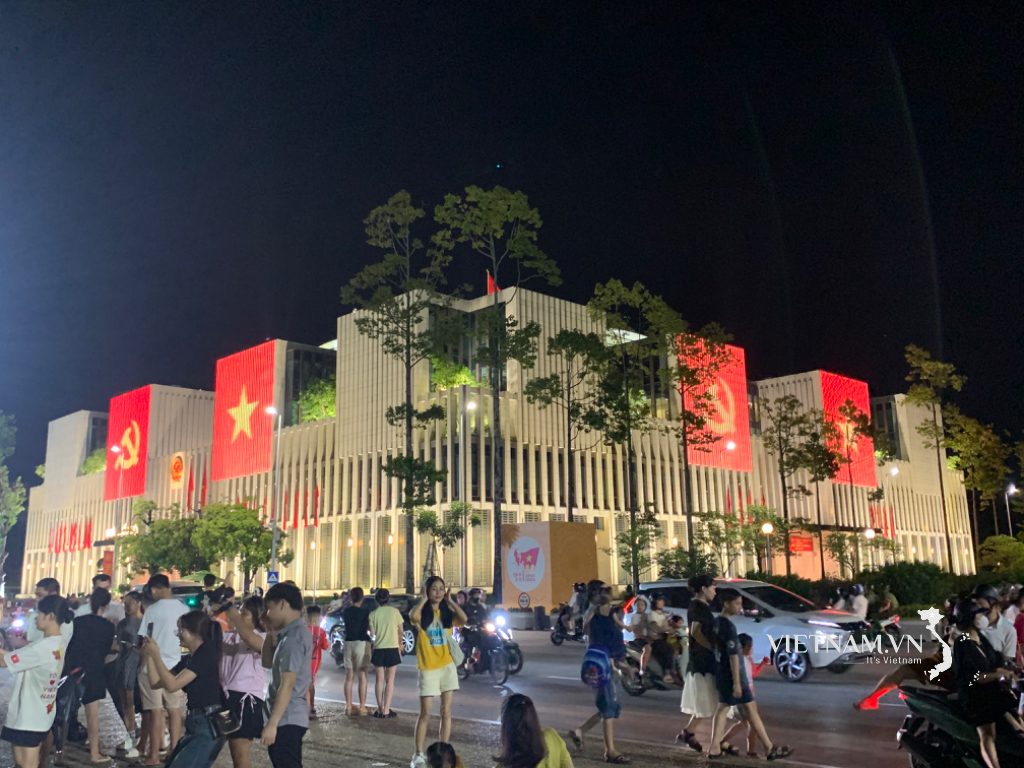
Comment (0)